Validation Pipeline
SOLO is Validated with Golden Standards.
SOLO’s AI-powered facial analytics are backed by rigorous scientific validation. Our technology has been tested in real-world clinical studies alongside leading institutions like Brown University and Benesse, ensuring accuracy and reliability.
By analyzing facial biomarkers, SOLO provides real-time insights into mood, stress, fatigue, and overall well-being—all without invasive tests or lengthy surveys. Our technology has been benchmarked against gold-standard assessments such as the WHO-5 Well-Being Index, PANAS (Positive & Negative Affect Schedule), and DMPT (Dementia Mood Picture Test), demonstrating its ability to measure psychological and emotional states with clinical precision.
With ongoing research in mental health, aging, and workplace well-being, SOLO is shaping the future of data-driven decision-making. Our AI delivers instant, privacy-safe insights, making it a cost-effective, scalable solution for industries that rely on real-time human analytics.
SOLO is not just about data—it’s about unlocking actionable, science-backed insights that drive better decisions and improve lives.
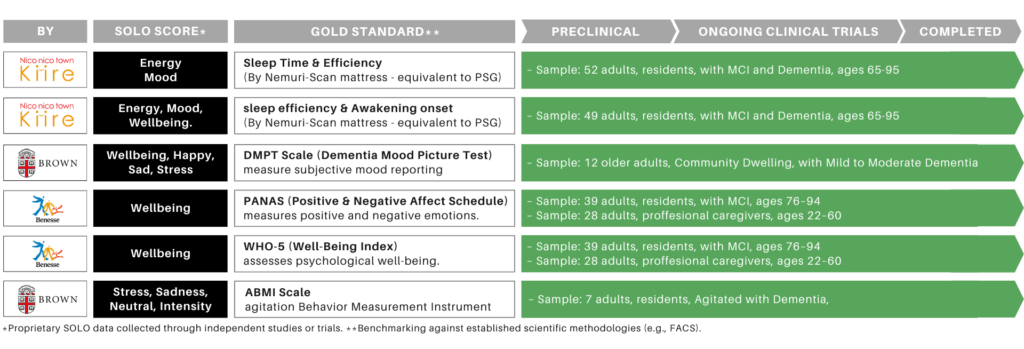
Emotion + Clinical Trials = SOLO
SOLO is enabling clinical trials world wide.
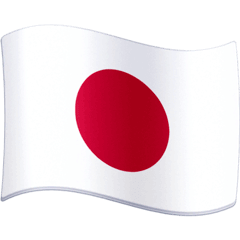
Improving Wellbeing using Emotionally Personalized Music

Measuring Agitation of Older Adults with AI

Measuring Patient Satisfaction in Hospital Patients

Tracking Emotional Condition with the Progression of Neurodegenerative Diseases

Insights on the effect of Meditation in Employee Daily Routine
Research Partners
The research institutes we collaborate with
We’ve been lucky enough to have the best research partners in the world.



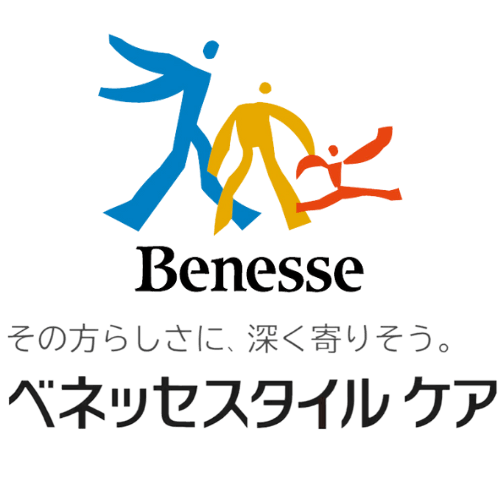


Older Adults
SOLO Validation with Sleep Mattress (2023)
The introduction of “Digital Therapy SOLO” has been shown to predict QOS!
With the collaboration of “Medical Corporation Santenkai” and “Solo Wellbeing Ltd.”, verification of “SOLO” as DTX solution for elderly people with dementia was conducted.
The QOS evaluation of elderly people requiring nursing care or with dementia showed that
the emotional index is useful. QOS has been reported to be related to QOL, and it was suggested that Energy and Valence can be used when considering QOL.
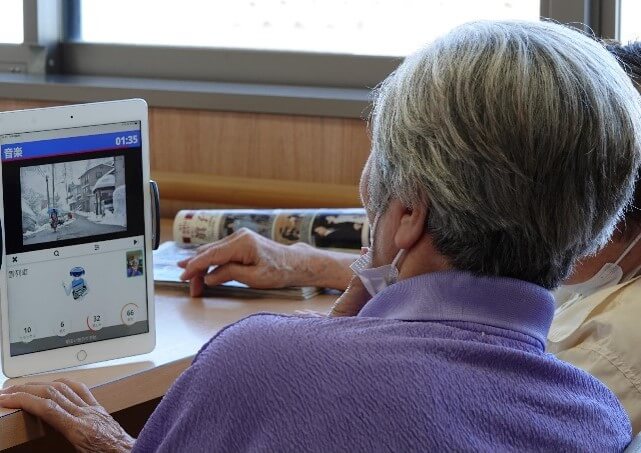
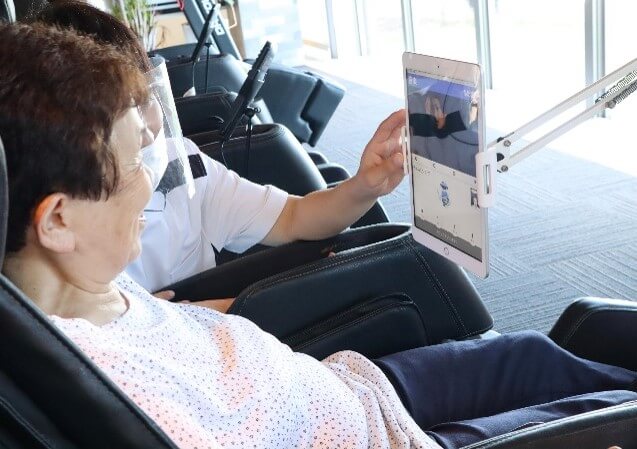
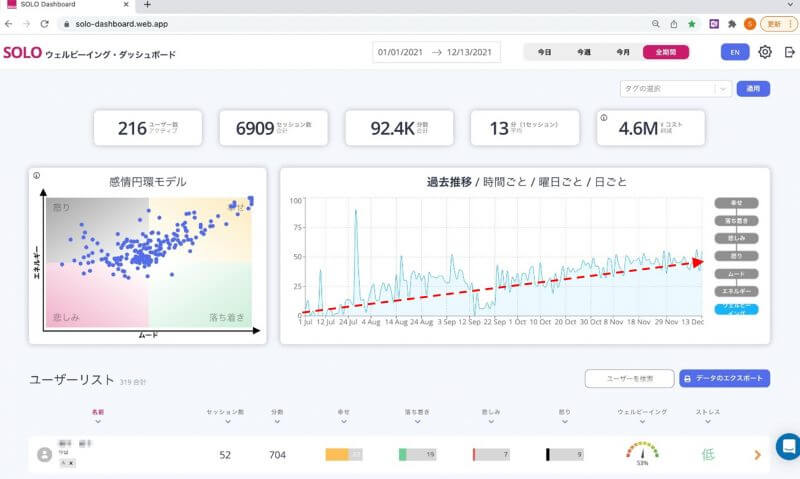
Paper:
Analysis of the impact on QOS of an emotional index based on expressionanalysis of people requiring nursing care and elderly people with dementia
-Applying the SOLO Digital Therapy Intervention Survey-
Hiroyuki SHINDEN Ph.D,Shoichi HORITA,Kana MOTOMURA,Kohei SUMIYOSHI,Yohei KAWASAKI Ph.D
Introduction: The QOL evaluation of elderly with dementia must be assessed by proxy. Reports show QOS is related to QOL, and research on assessment of dementia trough facial expression analysis using facial photos is progressing. This study examined the relationship between SOLO’s emotional index and QOS based on facial expression analysis of elderly people requiring nursing care and elderly people with dementia, and examined the intervention effect of SOLO digital therapy.
Method: We conducted 25 intervention surveys for 61 facility residents and 28 weeks of intervention surveys for 52 people. The sleep state was measured with a sheet-type body vibration meter (NEMURI SCAN) and the relationship between sleep and emotional index was examined.
Results: It was suggested that as sleep time lengthens and sleep efficiency increases, Energy and Valence in the awakening dimension will increase, and positive emotions will increase.
Conclusions: The QOS evaluation of elderly people requiring nursing care or with dementia showed that the emotional index is useful. QOS has been reported to be related to QOL, and it was suggested that Energy and Valence can be used when considering QOL.
Keywords:Emotional index, Sleep efficiency, Sleep time, QOS, QOL
Journal of Welfare Development Study